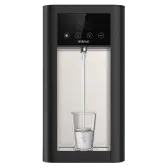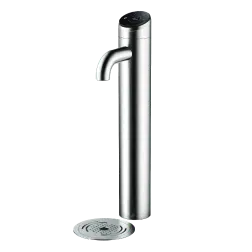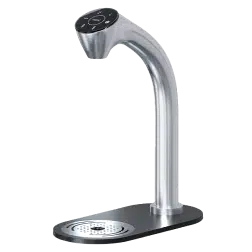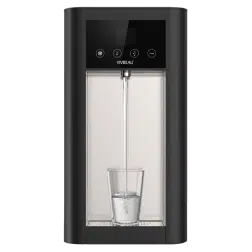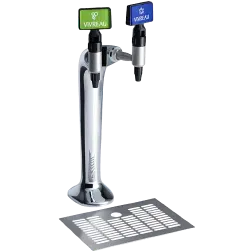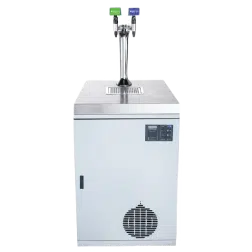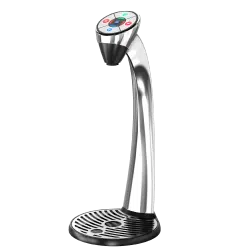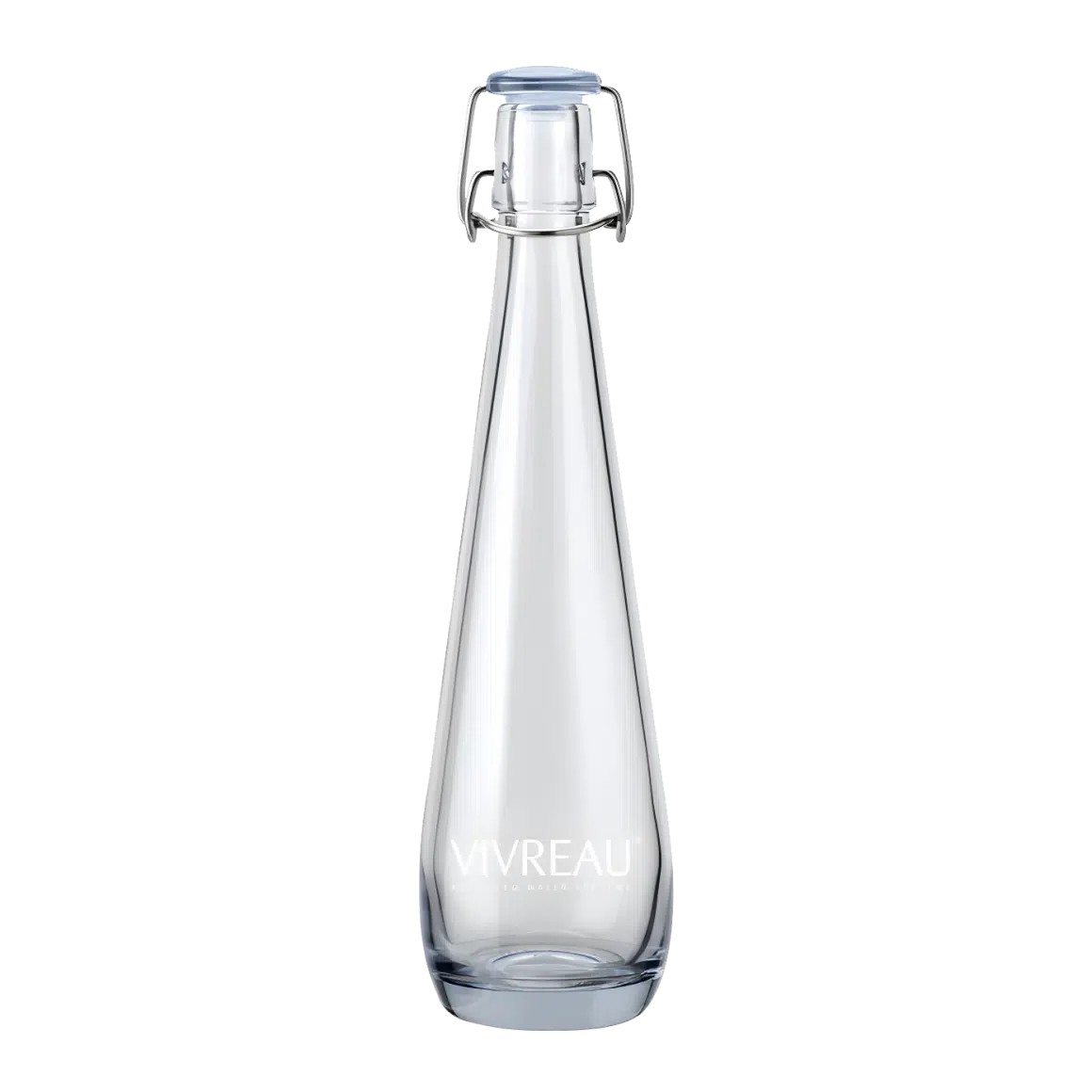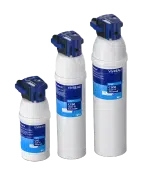Protect your machinery and the right flavor profile for quality coffee
It makes perfect sense to think about ways to best maintain the coffee brewing equipment required for brewing good coffee. However, do not sacrifice your beverage quality as collateral damage. You may be tempted to strip water of any damaging minerals that cause scale, that buildup that clogs parts and requires servicing (or worse – replacement!), but that would be a mistake. Instead, develop a water filtration system that will preserve the right balance of minerals to protect your machinery and the right flavor profile for quality coffee.
Why water matters to flavor
Basic science reminds us that water is a universal solvent, and so as water travels through the ground and pipes, minerals leach and become part of the water you use everyday. These minerals affect the flavor of water, and that will influence the flavor of your coffee. Sometimes, for the better, but sometimes, for the worse, the minerals in the water have much to do with the outcome of the final brewed product.
The characteristic sour flavor of good coffee can become skewed toward too sour or too bitter based on the mineral content of the water. It’s important to have some minerals and the right balance of them, but now, there entails some risk to the equipment.

How chemically pure water interacts with coffee
Total Demineralization will remove all minerals, or ions in the water with positive charges (cations) or negative charges (anions). In this process, filtration technology combines both cation and anion exchangers. As a result, it almost eliminates the cations (calcium, magnesium, sodium and potassium) and the anions (hydrogen carbonate, sulphate, chloride and nitrate). However, such chemically pure water isn’t ideal. You would sacrifice the flavor of your coffee.
To balance back the minerals, you could use a bypass to reintroduce unfiltered water that contains the minerals required for coffee. Without these added minerals, the total demineralized water may result in coffee with excessive sourness and weak aromas. To let the aromas fully unfold while reducing the coffee acids somewhat, a certain amount of minerals must be present. However, introducing the unfiltered water may return undesirable components to the water like chloride or sulphate.
Reverse Osmosis which presses water through a membrane with pores so small, only the water molecules may pass through. The minerals and organics dissolved in it are all too large and therefore blocked. Again, the process creates water that is not optimal for coffee but post-mineralization can balance the water if done correctly. The challenge is to maintain the post-mineralization water with ongoing water testing and applying the correct minerals on a regular schedule.
A solution for equipment and final product
Finding the right system that provides the correct water for coffee and tea is journey. It’s possible to calibrate your filtration system for the best of both worlds: long-term equipment maintenance and ideal flavor profile delivery. As the year ends we hope you enjoyed the latest series of blogs on water filtration and taste. Remember to mark your 2023 calendar for water filtration maintenance and stay tuned for new products from Vivreau Professional Filter! Happy Holidays from Vivreau Professional Filter.
When chemicals or minerals are in the water, they cause a metallic smell or sweet taste, and the flavor of the coffee will also smell or taste different than expected. If water has too many minerals, the coffee may leave a chalky mouthfeel. However, in the right proportions, these substances are also responsible for the rich aroma and taste of coffee. With proper filtration technology, it’s possible to control the mineral content of the water composition and fulfill the intended flavor profile.

PURITY C Quell ST
The professional solution for pure coffee enjoyment – specially developed for scale water conditions.
